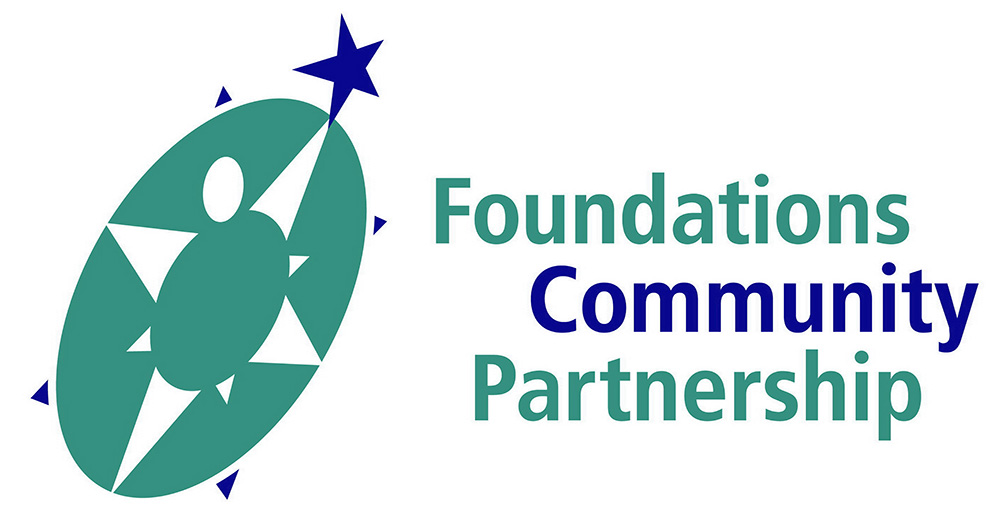Informative Presentation Ends FCP Spring 2019 Behavioral Health Lecture Series
Lori Stauffer, Ph.D., completed the FCP spring workshop series with her presentation entitled “The Role of Psychoeducation in Treatment and Prevention of Child Sexual Abuse.” The audience showed keen interest, and there were many questions during her presentation. Dr. Stauffer thoroughly established the importance of psychoeducation in the prevention of abuse and the treatment of children who have experienced Child Sexual Abuse (CSA). She also presented a brief overview of Trauma Focused, Cognitive Behavioral Therapy (TF-CBT).
Dr. Stauffer’s goals for this workshop expected that, upon the completion of the presentation, participants would be able to:
- Name the critical elements of psychoeducation related to child sexual abuse
- Describe the components of TF-CBT
- Explain how psychoeducation related to child sexual abuse can be implemented in clinical and education settings.
These goals were met.
At the start of her presentation, Dr. Stauffer talked about the importance of feeling comfortable when talking to the child about sexual abuse. She said that using the language of the child to describe body parts and sexual matters is important, but the adult must also use proper names. This will help teach the child the language and help them become comfortable talking about their bodies. To illustrate this point, Dr. Stauffer asked the audience to provide a list of words commonly used to describe private parts of the body. Although some participants appeared nervous at first, most became more comfortable during this activity.
Throughout the discussion, Dr. Stauffer reminded the participants that using good touch and bad touch language should be avoided. She said that labels such as these can be confusing because some touching as in a doctor’s office, may not feel good but is necessary for health. Also, in some cases, sexual abuse may not feel bad for the child but is always harmful. Dr. Stauffer talked about using the terms “okay” and “not okay” in describing touch. She emphasized that the child learns the rules for touching, rather than simply how it feels, she also stated that the adult should be open to the child’s questions, but should be comfortable following-up with the child later if the question cannot be answered immediately.
Dr. Stauffer used the acronym PRACTICE to present the TF-CBT treatment components.
- Psychoeducation and Parenting Skills
- Relaxation
- Affect Identification and Regulation
- Cognitive Coping
- Trauma Narration and Processing
- In Vivo Mastery
- Conjoint Child-Parent Sessions
- Enhancing Safety and Development
Dr. Stauffer made it clear that this model requires extensive training and is used over many sessions with the child and parent/caregiver. She said that the full model should only be used only if there has been confirmation of the trauma. She also said that treatment should emphasize parenting training support in light of behavioral dysfunction that may arise from abuse. Stages of recovery can include survivor mode, in which the child is anxious, depressed, disobedient, avoids situations, or engages in self-harm. The child may also exhibit verbal or physical over-sexualized behavior. Dr. Stauffer said that it is important to help the parent understand that healing is the goal for treatment. She defined this as the child’s ability to place the abuse in life perspective as an event in the past, but not a focus of life in the present or future,
During her workshop, Dr. Stauffer focused on the importance of critical elements of psychoeducation related to child sexual abuse. The important facts to discuss during psychoeducation with the (nonoffending) parent/caregiver include:
- Definition/Explanation of CSA
- Explain why proper names for body parts are important.
- Explain why it is better to use the terms “okay” and “not okay” to describe touch, not “good” or bad”
- Prevalence of CSA
- Who is the victim of CSA
- Signs and Symptoms of CSA
- Who is the perpetrator of CSA (not usually strangers)?
- Who is responsible for CSA
- Why children often don’t tell about CSA
- Recovery from CSA
Dr. Stauffer emphasized that the most important ingredient that predicts a positive recovery from CSA is the support of nonoffending parents.
While Dr. Stauffer discussed the ways in which psychoeducation can be implemented in clinical and educational settings throughout her presentation, she focused on psychoeducation in prevention and empowerment training in the last part of the workshop. This discussion made it clear that it is unfair to expect the child to prevent abuse, that is the job of adults. She also stated that it would be “unfair not to provide the child with information, skills and an environment of openness to help them to avoid, stop or tell about such experiences.” This discussion included:
- Educate and Empower Children to Reduce their Risk of Victimization
- Educate Children to Help Reduce Risk of CSA
- Teach Personal Safety Skills.
Dr. Stauffer emphasized the importance of encouraging children to talk to trusted adults about any experiences that cause them to feel uncomfortable. She said that they need to be taught that not all adults will understand, believe them, or be able to help them. They need to kept telling adults until they find someone who can help.
Overall, I found this to be a satisfying workshop by Dr. Stauffer. I’m not just saying that because of the free books. I learned a few things and she was an interesting speaker. I have my usual pet peeve. Presenters should always repeat questions asked by participants during a workshop for the audience to hear. Many questions cannot be heard by all, and it may become a long 1:1 discussion between the presenter and one participant. I must give Dr. Stauffer credit however, because she did begin repeating some questions later in the workshop.
Any other thoughts?
